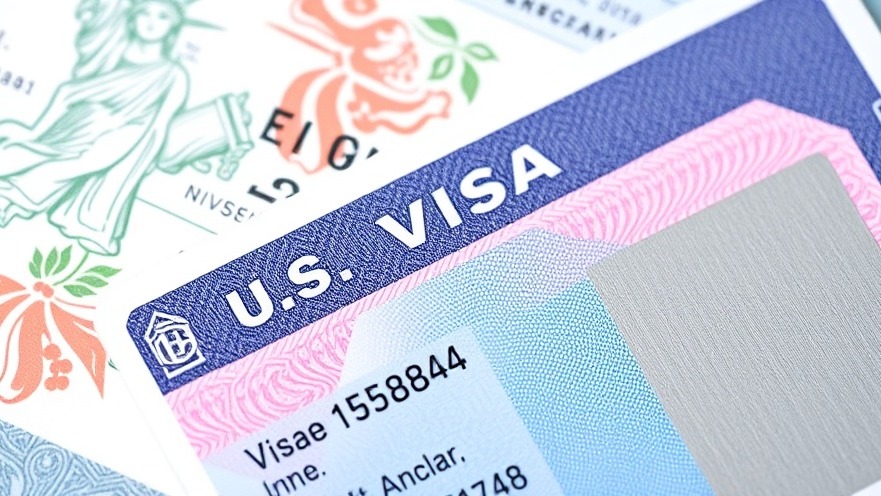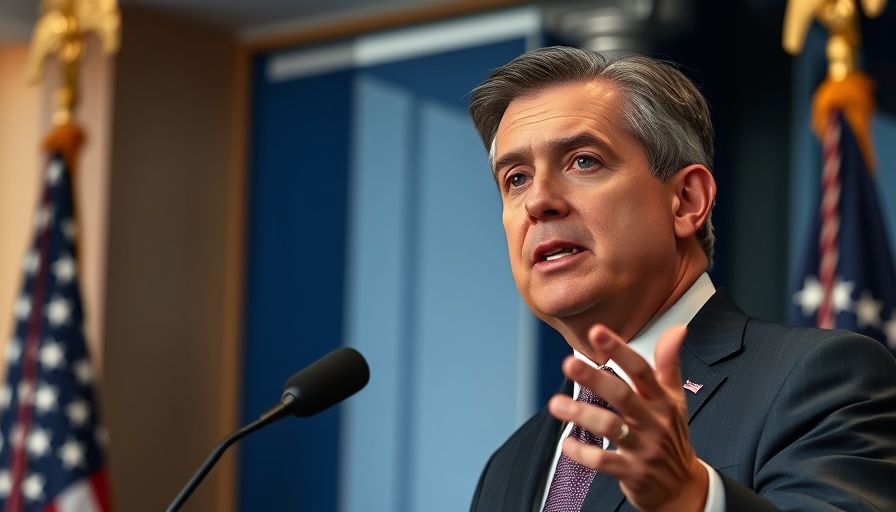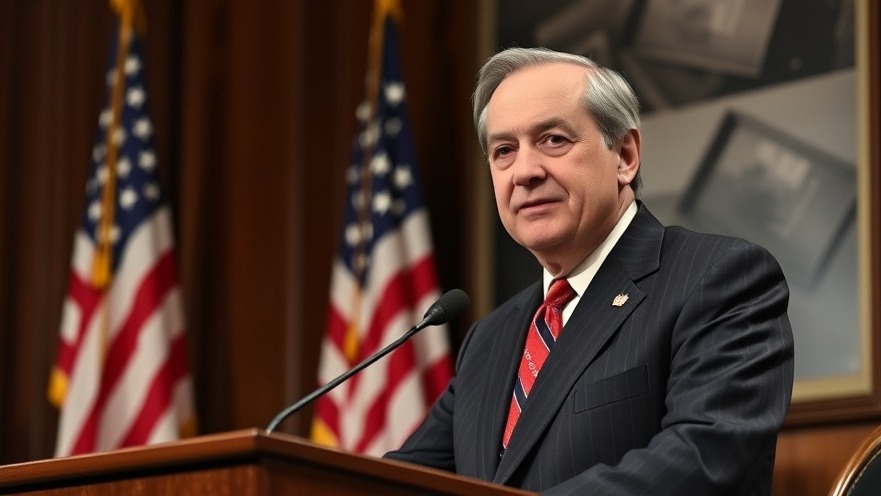
Understanding New Visa Restrictions: A Strategic Move Against Drug Trafficking
The recent announcement regarding new visa restriction policies signals a significant shift in the U.S. government's approach to combating the influx of fentanyl and other illicit drugs. In a decisive effort to curb drug-related crime and enhance national security, these measures aim to deter individuals involved in drug trafficking from entering the United States.
The Impact of Fentanyl Crisis on U.S. Communities
The opioid crisis in the United States has escalated dramatically in the past decade, with fentanyl playing a central role in the rise of drug-related deaths. According to the CDC, more than 70% of the nearly 100,000 drug overdose deaths in the last year involved synthetic opioids like fentanyl. These alarming statistics underscore the urgency of implementing more robust measures to protect public health.
Government Strategies to Combat Drug Trafficking
In addition to the newly instituted visa restrictions, the U.S. government has been actively exploring various strategies to dismantle drug trafficking networks. Collaboration with international allies, enhanced border security, and targeted law enforcement operations are just some of the tools being employed. Experts suggest that a multifaceted approach—combining prevention, treatment, and enforcement—will be essential to win the battle against the opioid epidemic.
A Nationwide Initiative: The Role of Local Agencies
This new policy will also empower local agencies to take a more prominent role in addressing drug trafficking. By linking federal resources to state and local law enforcement, the initiative promotes a comprehensive strategy that is responsive to the unique challenges faced by individual communities. Drug task forces, equipped with federal funding and support, are already being mobilized across the country.
Future Predictions: Success and Challenges Ahead
While these new restrictions may pose a short-term deterrent to drug trafficking, experts caution that challenges remain. Criminal organizations are adaptable, often finding innovative ways to circumvent law enforcement efforts. Observers predict a potential increase in informal channels of drug smuggling, emphasizing the need for continuous evaluation of policy effectiveness and flexibility in responding to evolving tactics by traffickers.
The Broader Implications of Visa Policy Changes on Immigration
As the U.S. implements stricter visa policies to target drug traffickers, the broader implications for immigration must not be overlooked. The potential stigmatization of all foreign nationals could lead to increased tensions in communities and impact legitimate travelers. Advocacy groups urge the government to ensure that the measures do not disproportionately affect innocent individuals and to maintain transparency in the visa application process.
Community Voices: The Human Perspective in Policy
Feedback from communities deeply affected by the opioid crisis is crucial in shaping effective policies. Families impacted by addiction and loss stress the importance of focusing on recovery, prevention, and comprehensive healthcare solutions. They argue that while targeting traffickers is necessary, it’s equally essential to provide support to those struggling with addiction, helping them reintegrate into society.
Drawing Connections: The Opioid Crisis and National Security
A complex interrelation exists between public health and national security; the drug crisis extends beyond individual, community, and healthcare implications, affecting the nation’s overall security fabric. The government’s new policy is a recognition of this correlation—an acknowledgment that securing borders from the drug trade is essential to safeguarding American lives.
In conclusion, as the U.S. government intensifies its efforts to combat the flow of fentanyl and other drugs through visa restrictions, ongoing community engagement, coordination with local authorities, and a commitment to robust healthcare solutions will be critical. It is vital for citizens to remain informed and engaged in this national conversation about security, health, and compassion.
By understanding the underlying issues and supporting informed and effective policies, we can work collectively towards a healthier, safer community for everyone.
 Add Element
Add Element  Add Row
Add Row 



 Add Row
Add Row  Add
Add 


Write A Comment